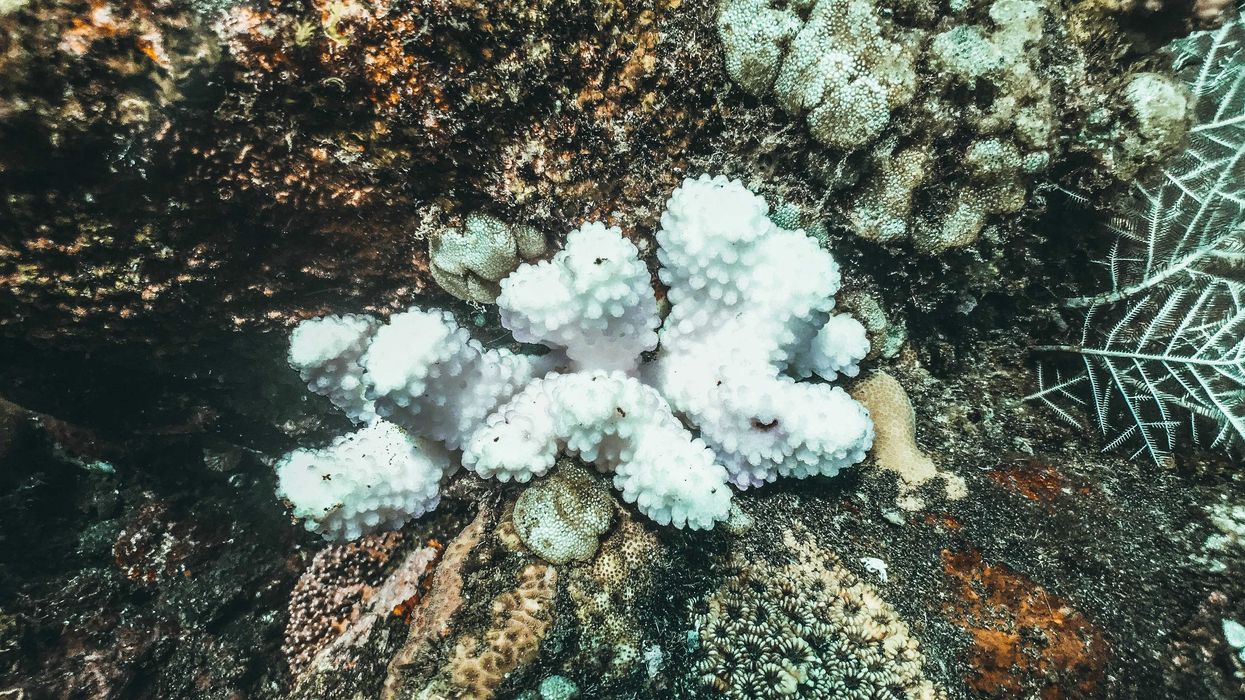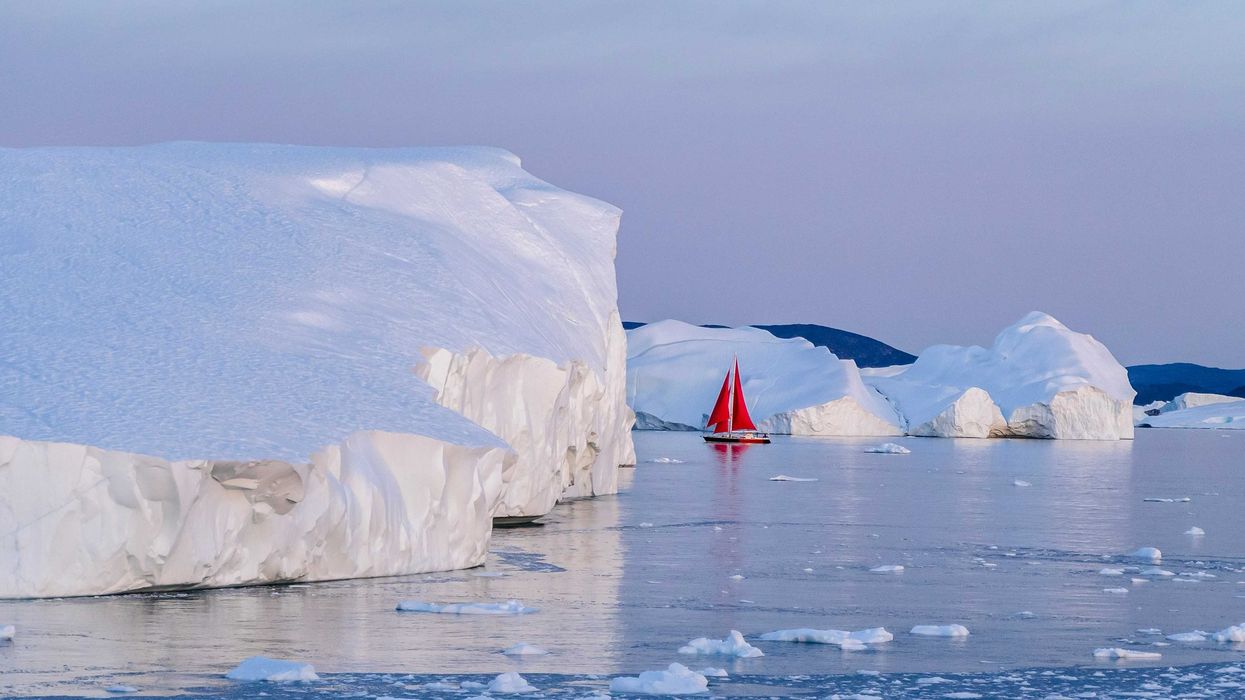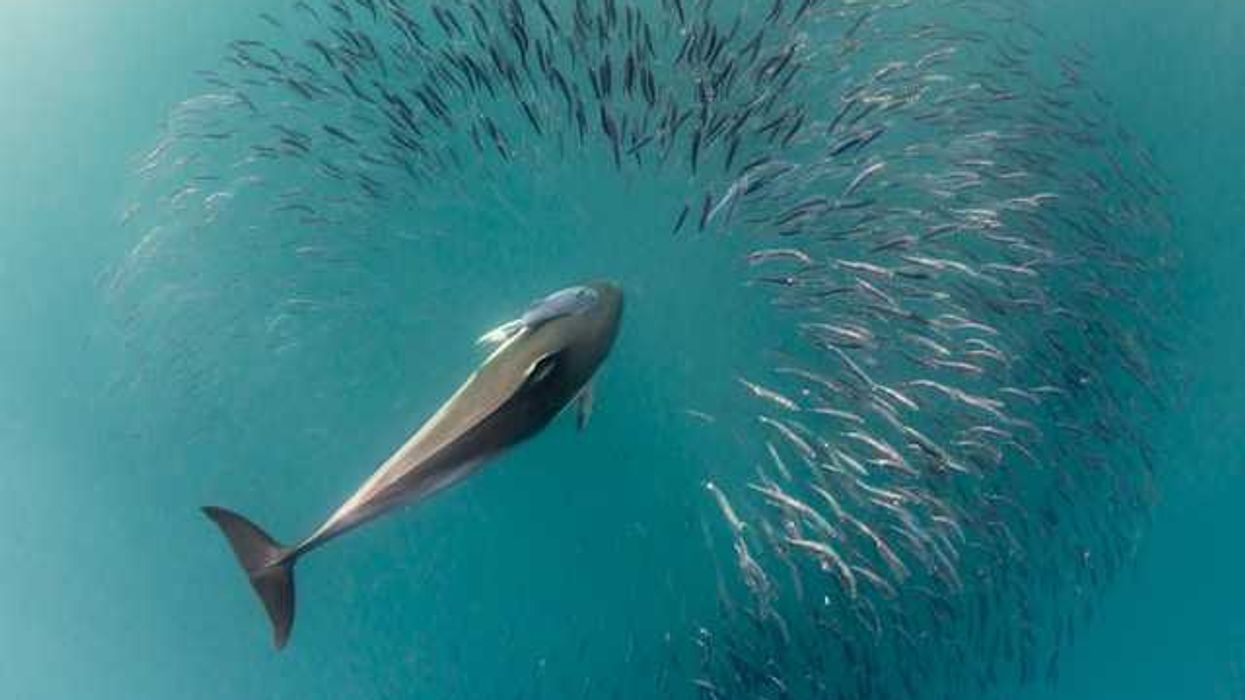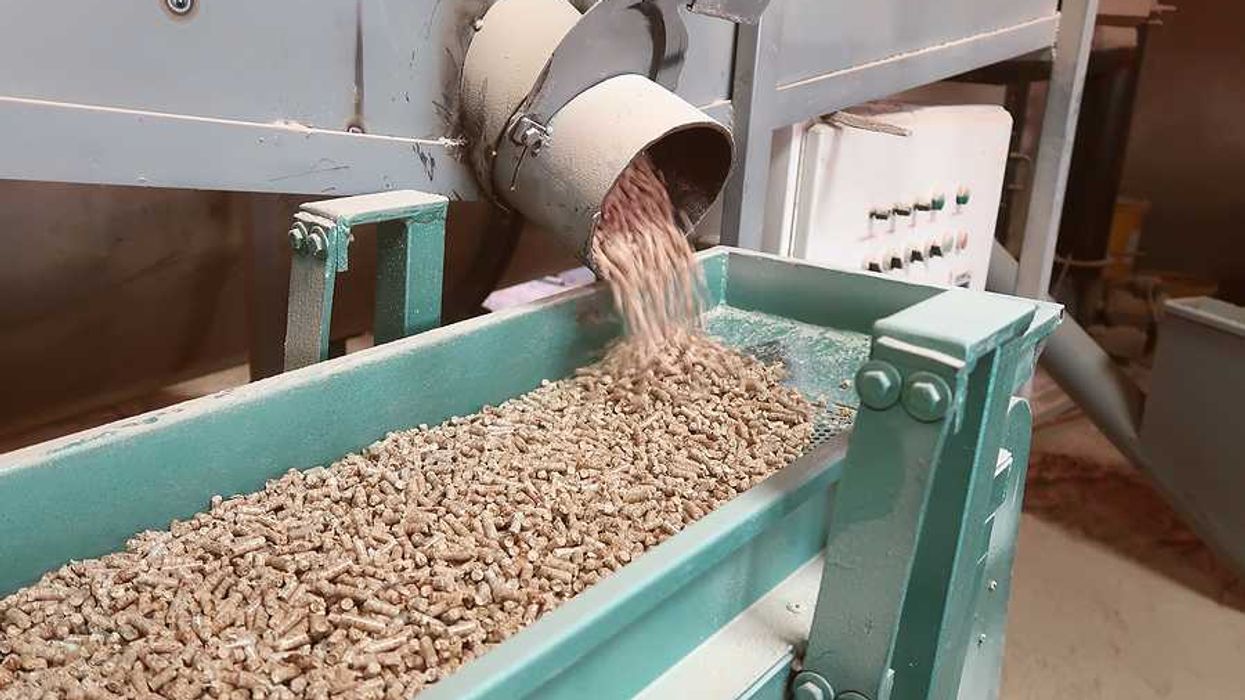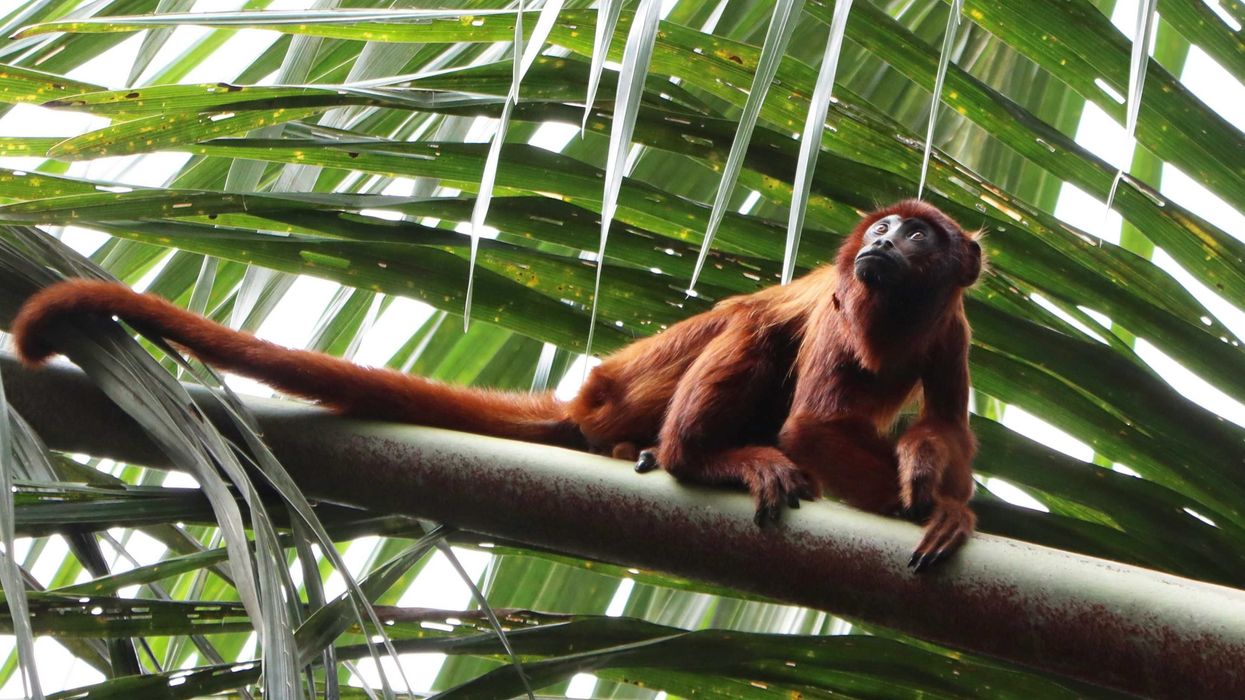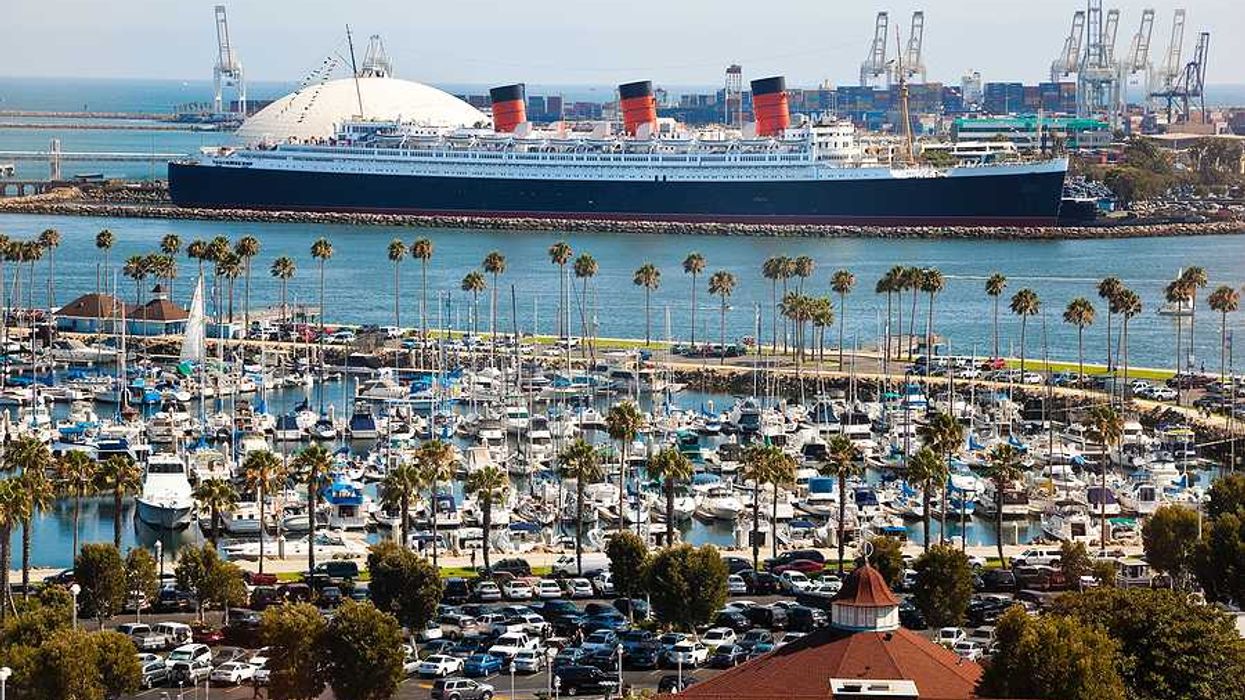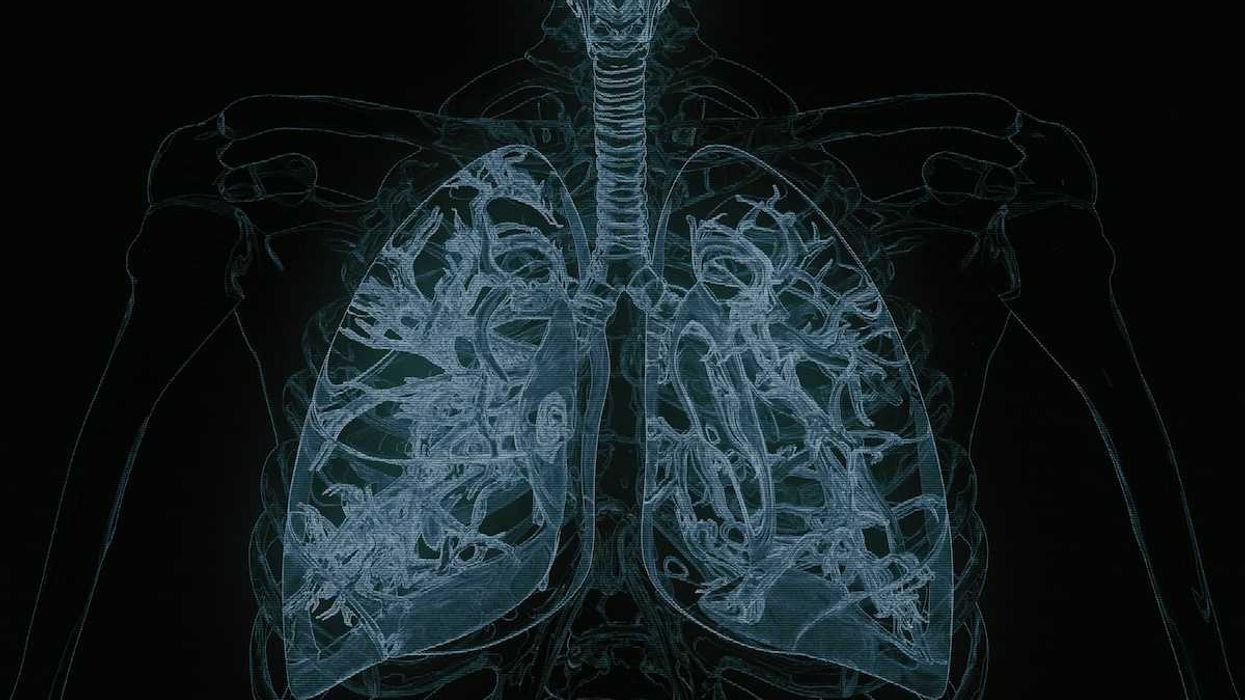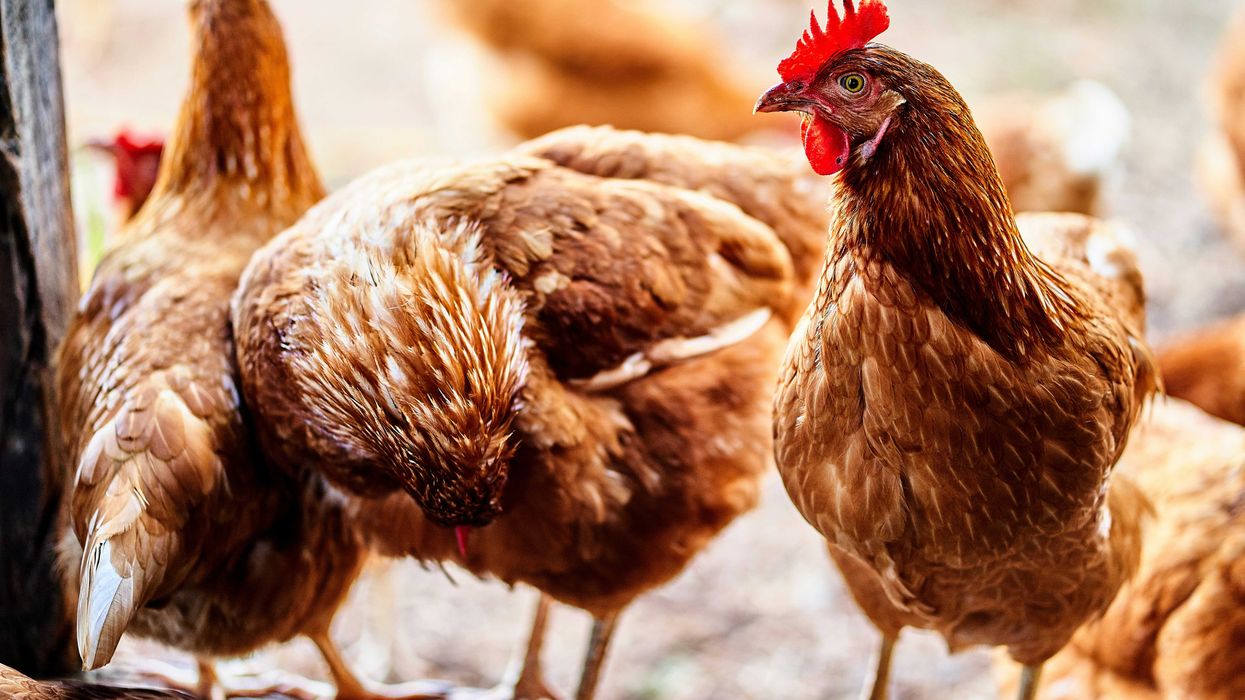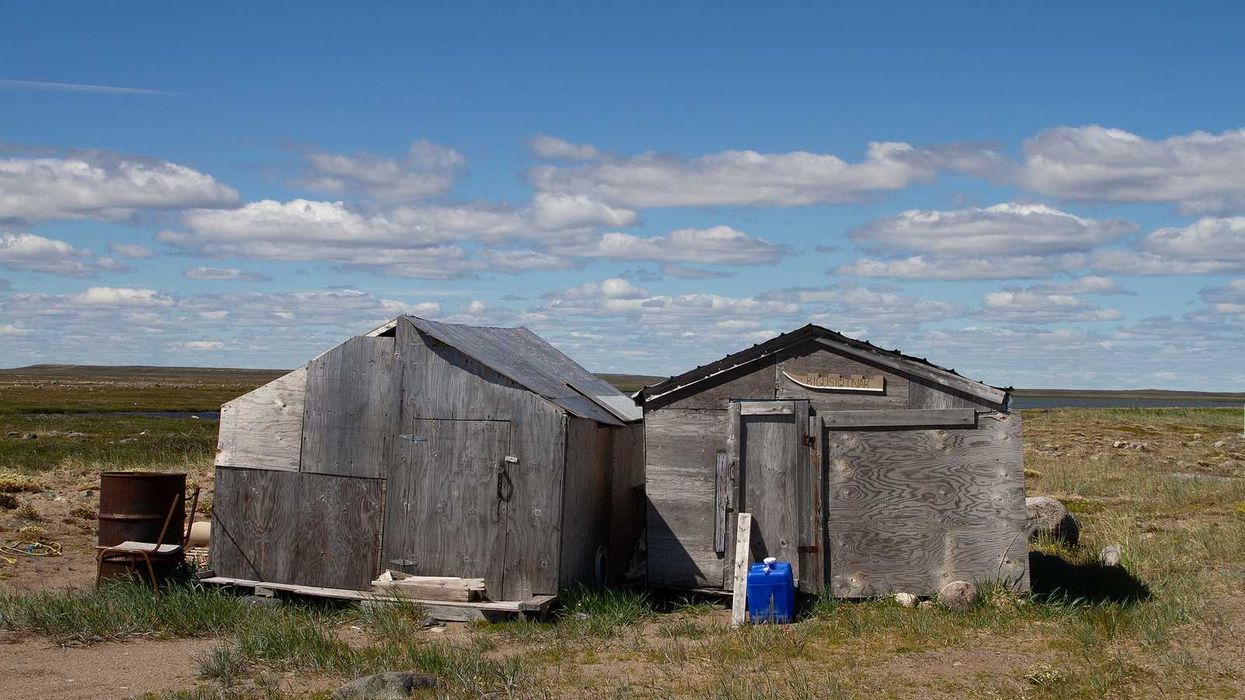The Panama Canal's expansion is upending local ecosystems as marine species from the Atlantic and Pacific invade its freshwater lake, displacing native fish and threatening biodiversity.
Raymond Zhong reports for The New York Times.
In short:
- Since the canal's 2016 expansion, ocean fish like snooks and lionfish are moving into Lake Gatún, displacing freshwater species and disrupting the food web.
- Rising salinity and increased water flow from larger locks and ships are accelerating this ecological shift, impacting local fishermen's livelihoods.
- Efforts to address these changes, including desalination and ecological barriers, face challenges of cost and uncertain outcomes.
Key quote:
“You feel a little sad,” he said, “because many people who have dedicated themselves to fishing for subsistence, for food, who have no other kind of work — they have to fish.”
— Víctor Bravo, biologist a the Smithsonian Tropical Research Institute
Why this matters:
Fishermen who’ve relied on this ecosystem for generations are watching their catches — and their incomes — dwindle. Solutions like desalination and ecological barriers are being floated, but they come with hefty price tags and no guarantees. Meanwhile, the environmental ripple effects stretch far beyond Panama, hinting at what’s at stake when economic ambition collides with fragile ecosystems.


